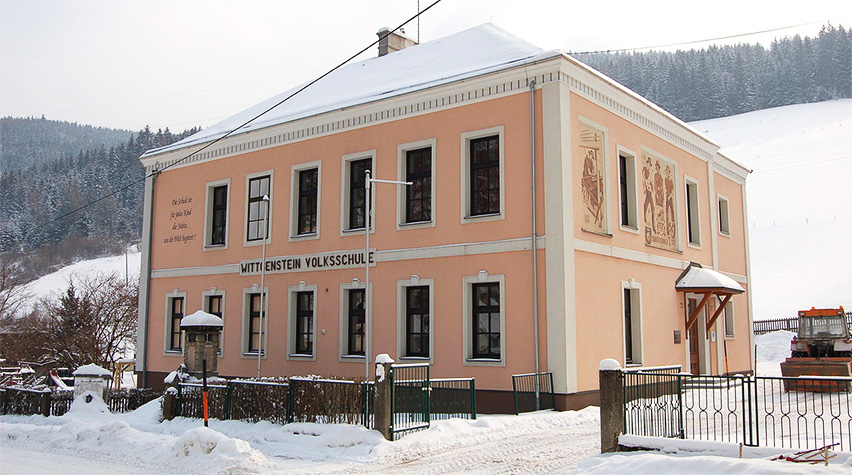Identity Statuses as Developmental Trajectories. A Five-Wave Longitudinal Study in Early-to-Middle and Middle-to-Late Adolescents
This study tested whether Marcia’s original identity statuses of achievement, moratorium, early closure (a new label for foreclosure), and diffusion, can be considered identity status trajectories.
Automatic processes in at-risk adolescents: the role of alcohol-approach tendencies and response inhibition in drinking behavior
This study examined the association between automatic processes and drinking behavior in relation to individual differences in response inhibition in young adolescents who had just started drinking.
Do Delinquent Young Adults have a High or a Low Level of Self-concept?
This study explored the levels of self-concept of delinquent young adults (n = 873). This question is of theoretical and practical importance, as therapeutic programs addressing the self-concept must be based on clear evidence.
Family Cohesion and Romantic and Sexual Initiation: A Three Wave Longitudinal Study
Although the relation between family relationships and the timing of sexual debut has been the focus of many studies, research on mediating factors is scarce. This study examines whether low levels of family cohesion result in an earlier onset of romantic and sexual experiences, and whether the link between family cohesion and an early sexual debut is mediated by early romantic initiation.
Impact of pediatric burn camps on participants’ self esteem and body image: An empirical study
Quantitative as well as qualitative measures was used. To study possible effects, a pretest–posttest comparison group design with a follow-up was employed. Self-report questionnaires were used to measure self esteem and body image in a burn camp group (n = 83, 8–18 years) and in a comparison group of children with burns who did not attend a burn camp during the course of the study (n = 90, 8–18 years).
Can at-risk young adolescents be popular and anti-social? Sociometric status groups, anti-social behavior, gender and ethnic background
This study aimed to extend the understanding of anti-social behaviour and its association with popularity and sociometric status in a sample of at-risk adolescents from diverse ethnic backgrounds (n = 1491, average age 14.7 years).









